Arguably the biggest surprise product debut from Apple in 2012 is the new fourth-generation iPad, a tablet that replaces its predecessor and doubles its performance after less than a year on the market.
Overview
The new new iPad retains almost everything from the old new iPad, including its price points: $499 for 16 gigabytes, $599 for 32 gigabytes, and $699 for 64 gigabytes. Cellular data options with 4G LTE connectivity are available for $130 more at each capacity, and for the first time ever Apple is offering an iPad model compatible with the Sprint network in the U.S.
Our test model for this review is the entry-level, Wi-Fi-only, 16-gigabyte model. It features the same design, A6X processor and Retina display as all of the other configurations available.
Once it's out of the box, it's hard to tell the fourth-generation iPad from the third-generation model. Aside from the new Lightning port at the bottom of the device, the only change we found is the capacity of the device is no longer advertised on the back panel below the iPad logo.
Apple didn't do much to distinguish the latest iPad from the model it released in March. Even the box looks the same.
But the most important change to the new iPad is found on the inside, in the form of its speedy A6X chip that is advertised to double the performance of the last iPad. But is this enough to justify this upgrade?
Lightning: One step forward, two steps back (for now)
The design of the fourth-generation iPad is unchanged from its predecessor. It's the same size and weight, the same form factor, and has the same gorgeous Retina display. Even the Smart Cover accessory is unchanged (unlike the iPad mini, which has a tweaked — and superior — Smart Cover design).
There is one glaring exception, of course: The new fourth-generation iPad has the smaller Lightning connector port on the bottom, rather than the legacy 30-pin dock connector. A recent teardown of the latest iPad even found that the extra space offered by switching to the Lightning connector was simply left unfilled inside the device.
It's hard to get excited about the appearance of Lightning on the fourth-generation iPad. On the iPhone 5, iPod touch and iPod nano, the Lightning connector felt as though it helped Apple achieve new lighter and thinner designs that were not possible with the 30-pin connection slot.
But the fourth-generation iPad has the same form factor and heft as its predecessor. The addition of the Lightning connector didn't do anything to improve the design of the device, and its inclusion is actually a short-term hinderance given the lack of Lightning accessories currently available.
The Lightning connector also runs at USB 2.0 speeds, matching that of the legacy 30-pin connection, so its appearance on the fourth-generation iPad does not provide any kind of speed boost for syncing.
As it did with the iPhone 5, Apple chose not to make a dock accessory for the fourth-generation iPad. Presumably third-party accessory makers will fill that void, but in the interim it's a sacrifice that will undoubtedly bother some users.
Thankfully, Apple did update the USB and SD card adapter accessories to work with the new Lightning connector. This was a necessary change to keep the new device relevant for users who want to edit photos or videos.
The fourth-generation iPad does ship with a higher amperage charger which cuts down on the time it will take to recharge the massive battery found inside the device. This is a welcome upgrade from the charger that shipped with the third-generation iPad. The upgraded 1.2-megapixel FaceTime camera is also a welcome upgrade with significantly better performance than the third-generation model.
Performance
This is where the fourth-generation iPad excels. The new A6X processor is a monster, doubling the performance of the A5X chip found in the third-generation iPad — a device that was already one of the fastest on the market.
The latest iPad has the same 1 gigabyte of RAM, but its ARMv7 processor is clocked at 1.39 gigahertz, outpacing the 1-gigahertz processor in the third-generation iPad.
For a raw head-to-head comparison, we used the official Geekbench application for iOS. The new fourth-generation iPad and its A6X CPU earned an overall score of 1,768, which more than doubled the 744 score earned by the third-generation iPad and its A5X CPU.
For a real-world test, we did a side-by-side comparison of the fourth-generation iPad with its predecessor. We launched Epic's Infinity Blade II simultaneously on both devices, with each loading the same game save state from iCloud. The fourth-generation iPad was significantly faster, loading the level almost immediately, while the third-generation iPad sat for more than five seconds at a blank black screen.
The power of the A6X chip was not quite as evident when we tested Rockstar's Grand Theft Auto III. Load times were slightly faster when creating a new game, but the difference was not as pronounced as with the more graphically taxing Infinity Blade II.
The A6X chip also helps to boost website rendering on the Safari browser. In general, we found that sites loaded between a half-second and full second faster on the latest iPad than they did on the third-generation model.
The performance benefits with the new iPad can also be seen in boot-up time. Here, the fourth-generation iPad was again significantly faster than the third-generation model.
Even with this significant performance upgrade, Apple advertises that the fourth-generation iPad still gets up to 10 hours of surfing the Web on Wi-Fi, watching video or listening to music. Our tests found this to be the truth, as we achieved three days of moderate use before a recharge was needed, about in line with our use of the third-generation iPad.
Should you upgrade?
If you're an iPad 2 owner, making the leap to an iPad 4 is an easy recommendation. The device's Retina display is gorgeous, and the speed boost is a significant upgrade compared to even the third-generation model, let alone the 2011 edition.
For those who bought the third-generation iPad when it launched recently in March, it's hard to recommend the fourth-generation model. Yes, the latest iPad is twice as fast as the third-generation iPad, but the "iPad 3" was already one of the fastest tablets on the market.
The upgraded forward-facing camera is welcome, but not likely worth the price of an upgrade for most users. And the new Lightning connector is actually a detriment in the short-term, as compatible docks and accessories are not yet on the market.
The iPad mini and the iPhone 5 have made it clear that the full-size 9.7-inch iPad lineup needs to go on a diet. Unfortunately the horsepower — and accompanying giant battery — necessary to drive the device's Retina display make that technical hurdle insurmountable for now. It's hard to believe that a major redesign for the iPad isn't in the cards for late 2013.
But not everyone can wait that long. If you are in the market to buy a new tablet this holiday season, and the iPad mini isn't big or powerful enough to suit your needs, the fourth-generation iPad is the best option on the market. Those who bought a third-generation iPad this year should give this one a pass.
Score: 3.5 out of 5
Pros:
- Blazing fast performance from the new A6X chip.
- Same battery life even with double the speed.
- Retina display remains a major selling point.
- The largest ecosystem of tablet apps by far.
Cons:
- Just as heavy as the third-generation model.
- The quick upgrade cycle is a surprise for recent buyers.
- Lightning accessories remain MIA.
- Why wasn't the tweaked Smart Cover designed for the full-size iPad?
How to save time and money when buying
From time-to-time, Apple's authorized resellers will offer discounted pricing, expedited shipping, free styluses, easy financing and other incentives. Shoppers can always see the latest up-to-date pricing from all of these leading resellers in our iPad Price Guides ( relevant portion below ), as well as any material incentives offered.
Still, one of the easiest ways to save on a new iPad purchase is to sell your existing iPad or mobile device to one of the many trade in services, which in many cases pay hundreds of dollars for old iPads, for instance, based on the model and condition.
 Neil Hughes
Neil Hughes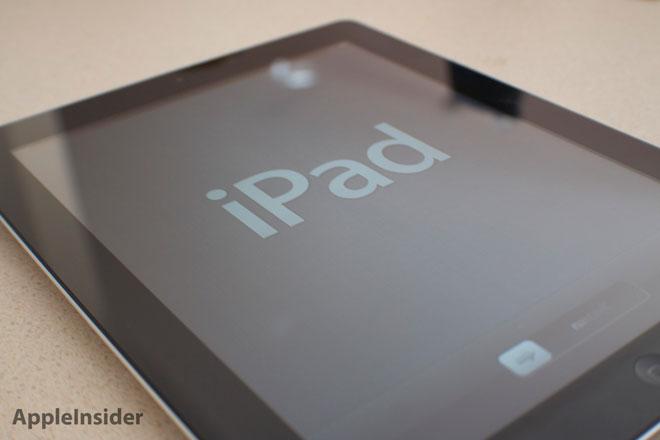
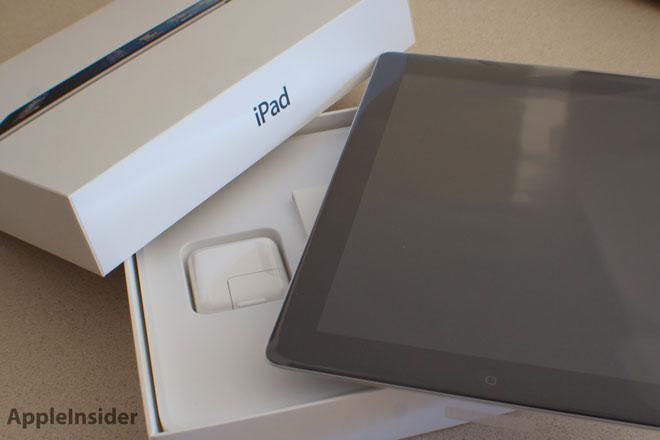
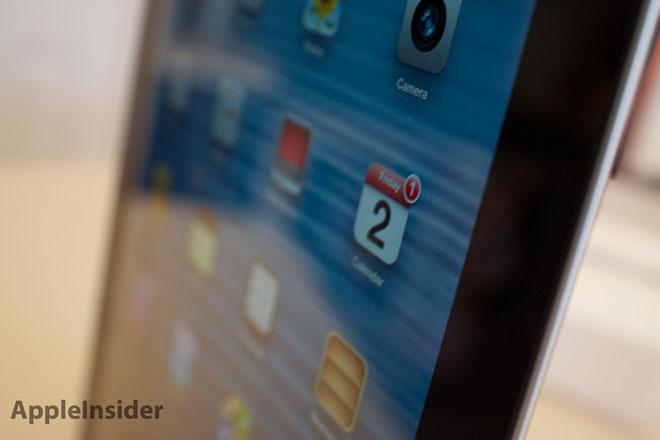
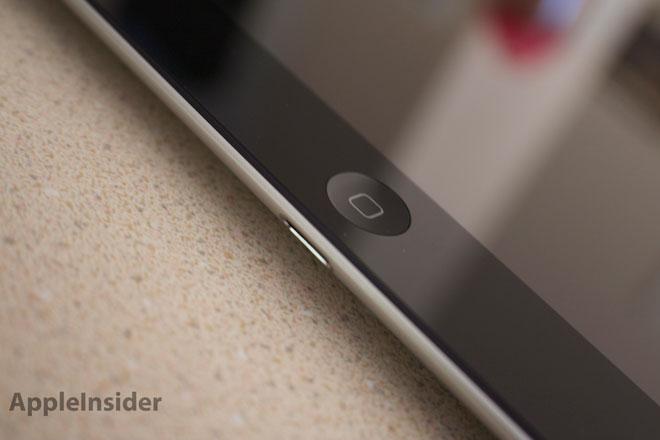
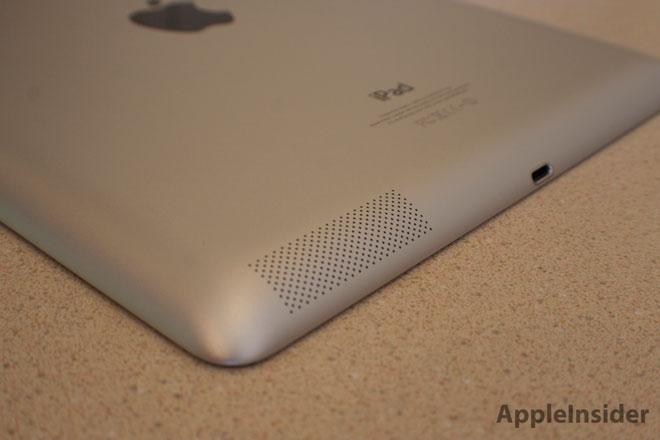
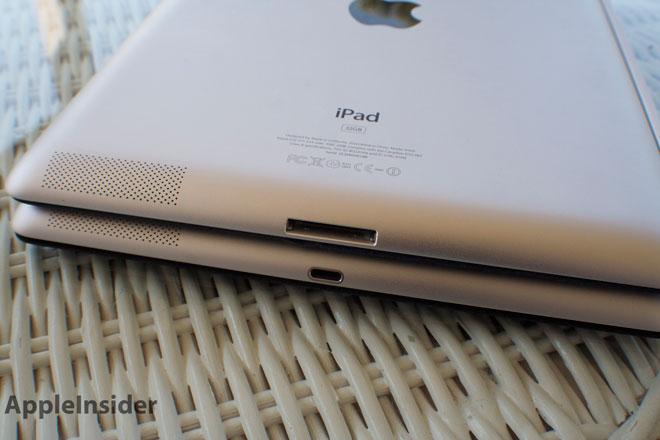
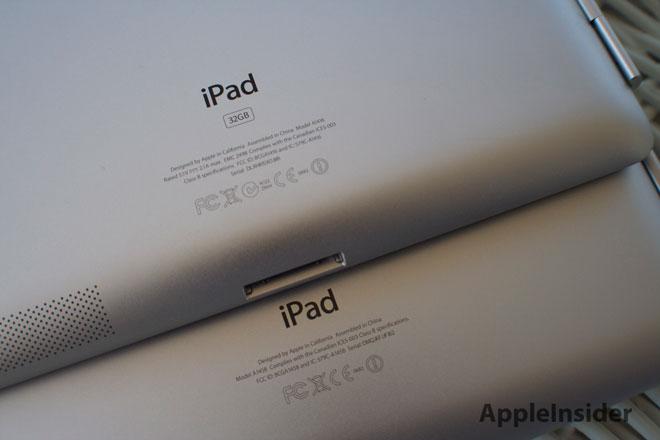
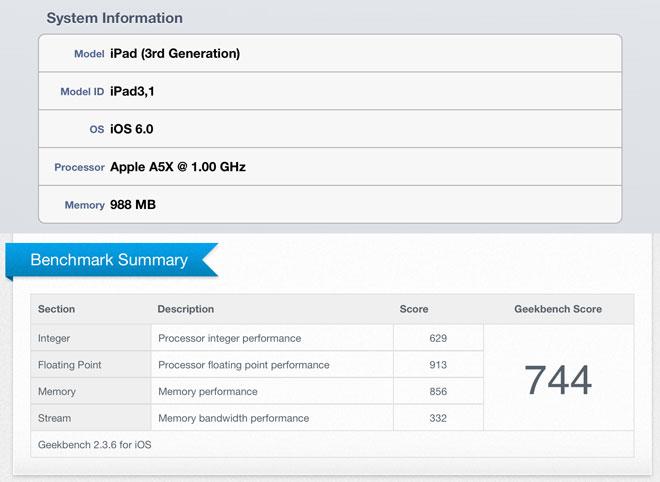
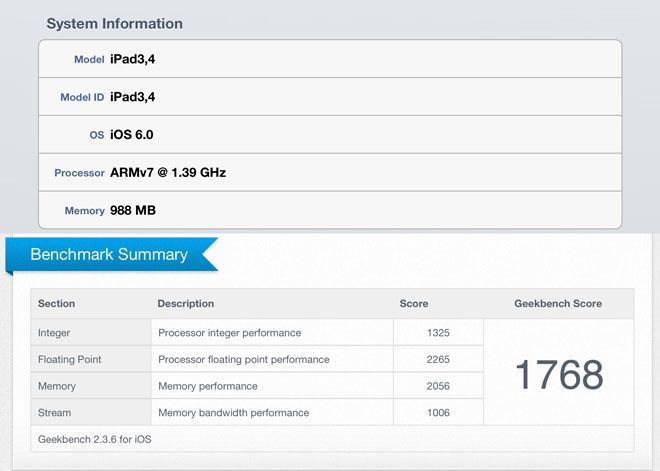
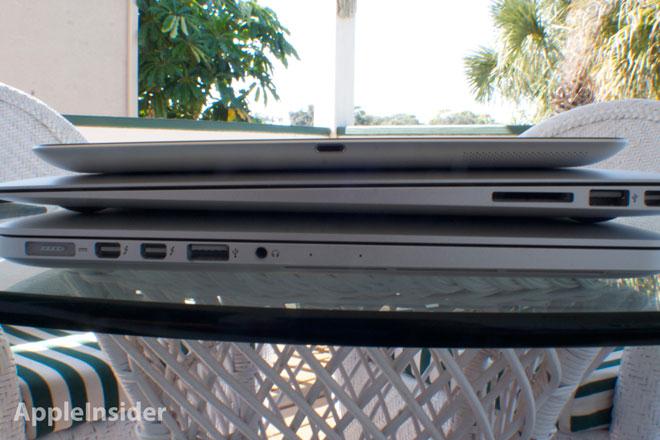
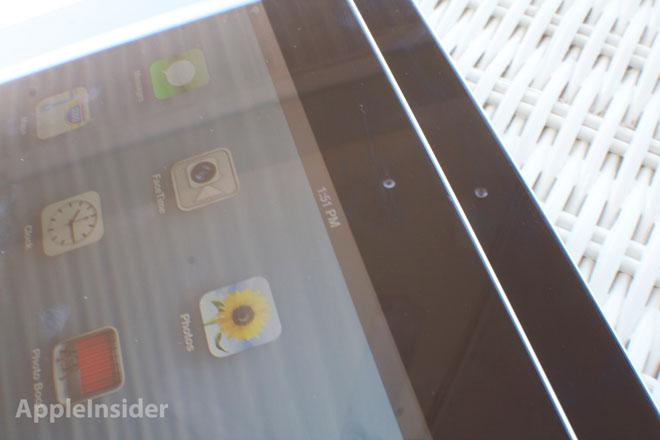
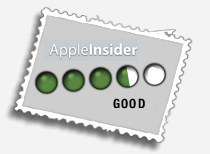
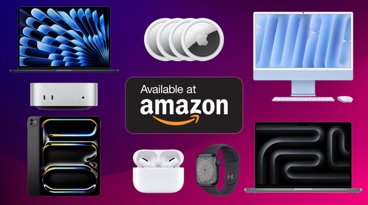






-m.jpg)






 Chip Loder
Chip Loder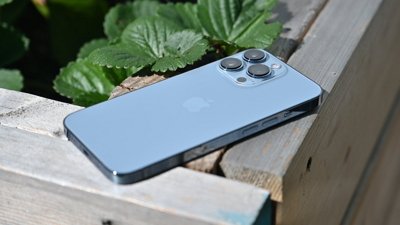
 Marko Zivkovic
Marko Zivkovic
 Malcolm Owen
Malcolm Owen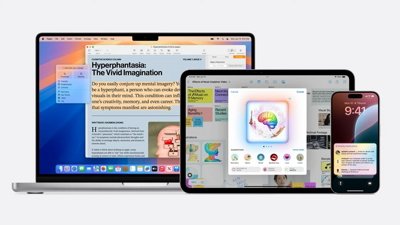

 William Gallagher
William Gallagher
 Christine McKee
Christine McKee
 Andrew O'Hara
Andrew O'Hara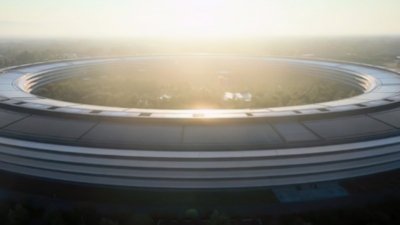
 Andrew Orr
Andrew Orr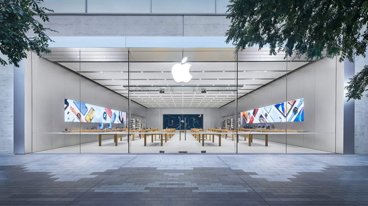




-m.jpg)




75 Comments
Yawn.. You failed to grasp in your 3.5 score this was meant to be iterative. And, what are your 4.0 and 5.0 tablets? If your in the market today, what would you buy instead? The Verge rated it 9.3/10 by the way
Who cares what "The Verge" rated it, they always bloat their review scores anyway (send them a steaming pile of dog crap and they'll rate it 8's and 9's.
The iPad is probably still going to get the march refresh, this is just comparing to the iPad mini, iPhone. It now has a smaller similar competitor.
The iPad is probably still going to get the march refresh, this is just comparing to the iPad mini, iPhone. It now has a smaller similar competitor.
I agree. This is iPad 3.5. It will be refreshed with a thinner version like the mini and iPhone5. This is a surprise move on Apple's part to deal with the new 10" tablet in the market.
Apparently with the iPad mini being such a holiday season gift-worthy device they wanted to move the entire iPad lineup to November release cycle. Although the iPad 4 is faster, the iPad 3 is still plenty fast. I can't imagine that just the inclusion of the Lightning connector would be worth the release cycle disruption for the full sized iPad. This will hold them over until next November because without a redesign for an entire year and a half would seriously cut into the late cycle sales. I don't expect refreshes on any iPad until next November.